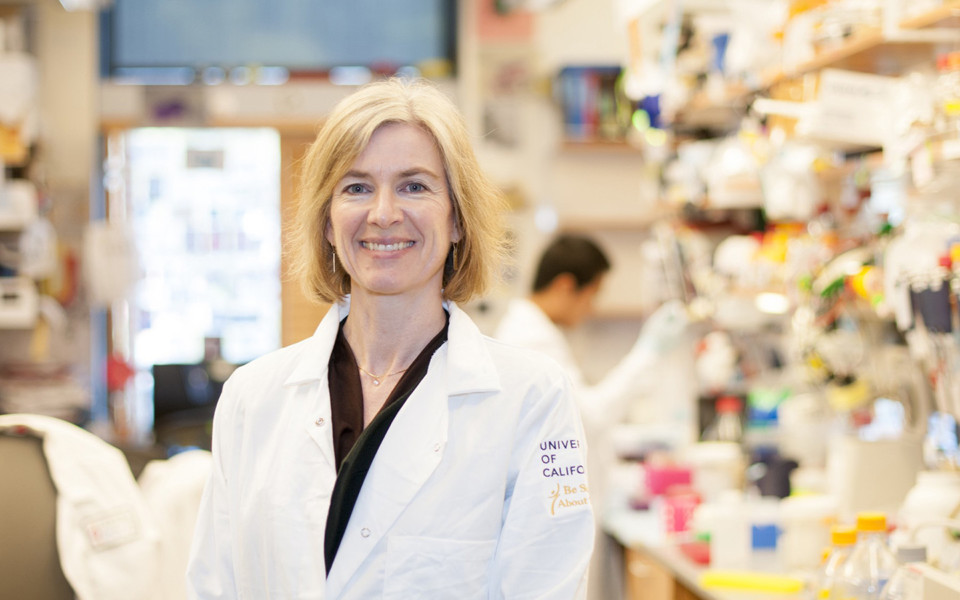An Interview With CRISPR Pioneer Jennifer A. Doudna
Award-winning scientist Jennifer A. Doudna, PhD is renowned for her fundamental work and leadership in developing CRISPR-mediated genome editing alongside her colleague Emmanuelle Charpentier. The power and versatility of this gene-editing technique offers new and wide-ranging possibilities across a variety of fields and is considered one of the most significant milestones in the history of biology.
Jennifer touches on her current research focus, her greatest professional achievements and discusses what can be done to encourage more women to get involved in science.
Laura Lansdowne (LL): What inspired you to pursue a career in science?
Jennifer Doudna (JD): As a young child growing up in Hawaii, I was, and still am, keen to understand the natural world and humankind’s place in it. That interest led me to become a curiosity-driven scientist.
LL: Could you tell us more about your current research interests and area of expertise?
JD: I focus on the development and ethical application of CRISPR genome editing technology. CRISPR allows scientists to alter the genetic information of any organism including human cells with unprecedented accuracy and efficiency. This power and versatility has opened up new and wide-ranging possibilities across biology, agriculture, and medicine that can positively impact human life. It is a breakthrough technology that holds huge potential as a strategy to treat and cure diseases, create sustainable biofuels, and develop more robust crops.
Last year you won the 2018 ‘Medal of Honor – Basic Research’ award from the American Cancer Society alongside your colleague Emmanuelle Charpentier, for your fundamental work and leadership in developing CRISPR-mediated genome editing.
LL: How did it feel to win the award?
JD: I was honored. The Medal of Honor – Basic Research award gives us all a platform to further consider the societal and ethical impact of CRISPR technology and its key role in the fight against cancer.


